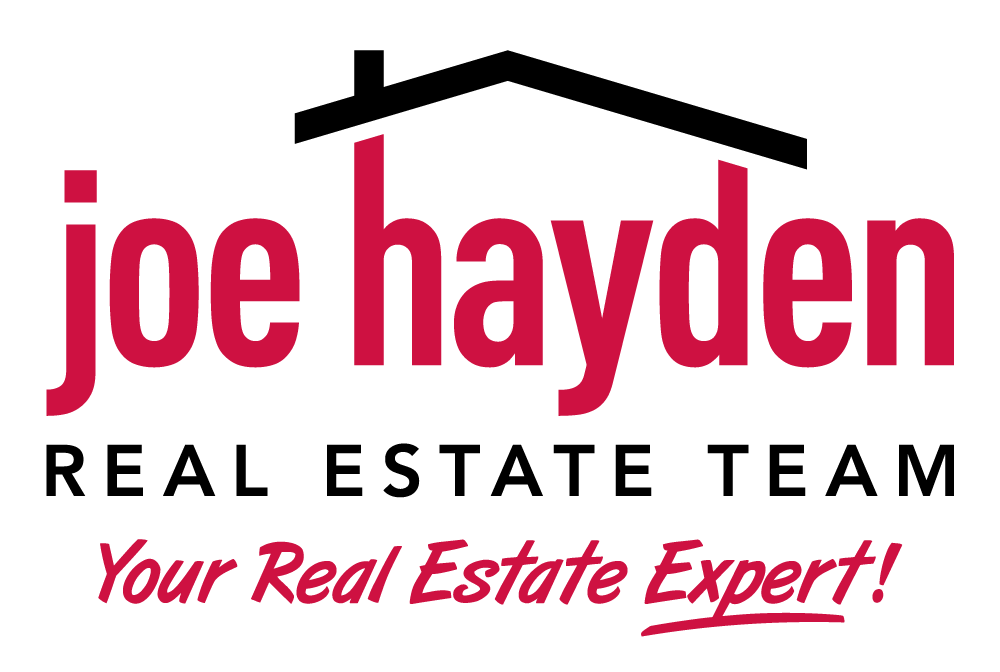A home inspection is an important part of any residential real estate transaction. While not required by law or regulation, having a home inspection prior to closing on your new home can reveal potential defects, mechanical and structural problems, plus help provide you with additional negotiating points and peace-of-mind.
In this installment of our interview series we are joined by Mark Hunter of K&I Inspections in Louisville, KY. K&I Inspections was founded by Mark’s father, Charlie, and has been a staple of the local home inspection business for over six years. K&I Inspections has performed over 1500 inspections for local customers and the company follows the American Society of Home Inspectors (ASHI) Standards of Practice.
What is the purpose of a home inspection?
The primary purpose of a home inspection is to locate any defects that might exist in a property. The defects could be structural, such as foundation issues, or mechanical, such as plumbing or electrical. In addition, we strive to protect our client’s investment by giving them an objective opinion regarding the property they are contemplating purchasing.
How are the standards and guidelines for a home inspection determined?
In Kentucky, a home inspector must be licensed through the state, and complete continuing education requirements. Kentucky gives home inspectors the option as to which standard of practice they wish to follow, and their education centers around that specific standard of practice. At K&I, we follow the American Society of Home Inspectors (ASHI) Standards of Practice because we believe they provide us with the most comprehensive guidance for inspecting your home.
What are the basic steps in a home inspection?
The first step for us is to meet our client at the property and review the Pre-Inspection Agreement. This Agreement details exactly what we will be inspecting and what we do not inspect. The best way to describe our inspection is a “non-invasive inspection of readily accessible areas“. This means we do not move anything to perform our inspection, and we are not able to inspect anything that is inside the walls, floor, or ceiling. Our inspection only covers areas of the home that are visible and exposed. That being said, we also look for visible evidence that may indicate a defect or problem hidden behind a wall, in the floor, or the ceiling.
After explaining our services to our client, we fully inspect the exterior of the home, including the roof, gutters, and flashing. We inspect the interior of the home, including the visible plumbing, facets, shut-offs, and drains. We verify that there are no observable issues with the electrical system, and look for features such as ground-fault-interrupt (GFI) plugs near water sources. We also inspect the furnace, AC unit, and water heater for signs of abnormal wear and we will let you know if any unit is beyond it’s useful life according to ASHI standards.
Will a home inspection reveal if the home has all of the necessary building and electrical permits?
No. It is not within the scope of the inspection to verify the home is up to the current local codes. We may point out that inspection stickers are missing, but we are not equipped to inspect the home for code violations. If you suspect there is an issue with building or electrical codes you must contact the local government office that issues permits and follow their instructions.
Do you inspect attics and crawl spaces?
Yes, as long as the space is readily accessible. We will not move furniture, boxes, or anything else that blocks the entrance to these spaces except for the normal coverings. It is very important that the homeowner clear their belongings from these access points before the inspection, but we are willing to return at a later date to inspect a blocked area if that is necessary.
Also, a home that as been winterized with the water shut off will not be able to be completely inspected. If either the electrical or gas is shut off, we will not be able to verify those systems. We will explain these limitations to our clients as the situation arises.
How do you report to your clients the results of the inspection?
Our clients receive a detailed written report that covers every inspected system. Also, we include a summary page that highlights any issues or defects we found during the inspection. We go over this report with both our clients and their Realtor to ensure they fully understand our findings. We prefer that our clients be present for the inspection so we can show them any issues in person and try to answer any questions they may have in the presence of the defect.
Keep in mind that the report will recommend that certain items need to be addressed and repaired, but we do not suggest who should make the repair, or how it should be made. We also do not make any repairs ourselves as it would be a conflict of interest. However, we do strongly recommend that you only use certified professionals when making any repairs to the home so you have receipts, warranties, and can be assured the repairs are made according to the current codes.
The ASHI website includes a frequently asked questions section that has additional information for buyers.
Mark Hunter is a licensed home inspector with K&I Inspections in Louisville, KY. He can be contact through K&I’s website, or by calling (502) 744-1967. K&I Inspections has four staff inspectors available seven days a week to fit any schedule.



















